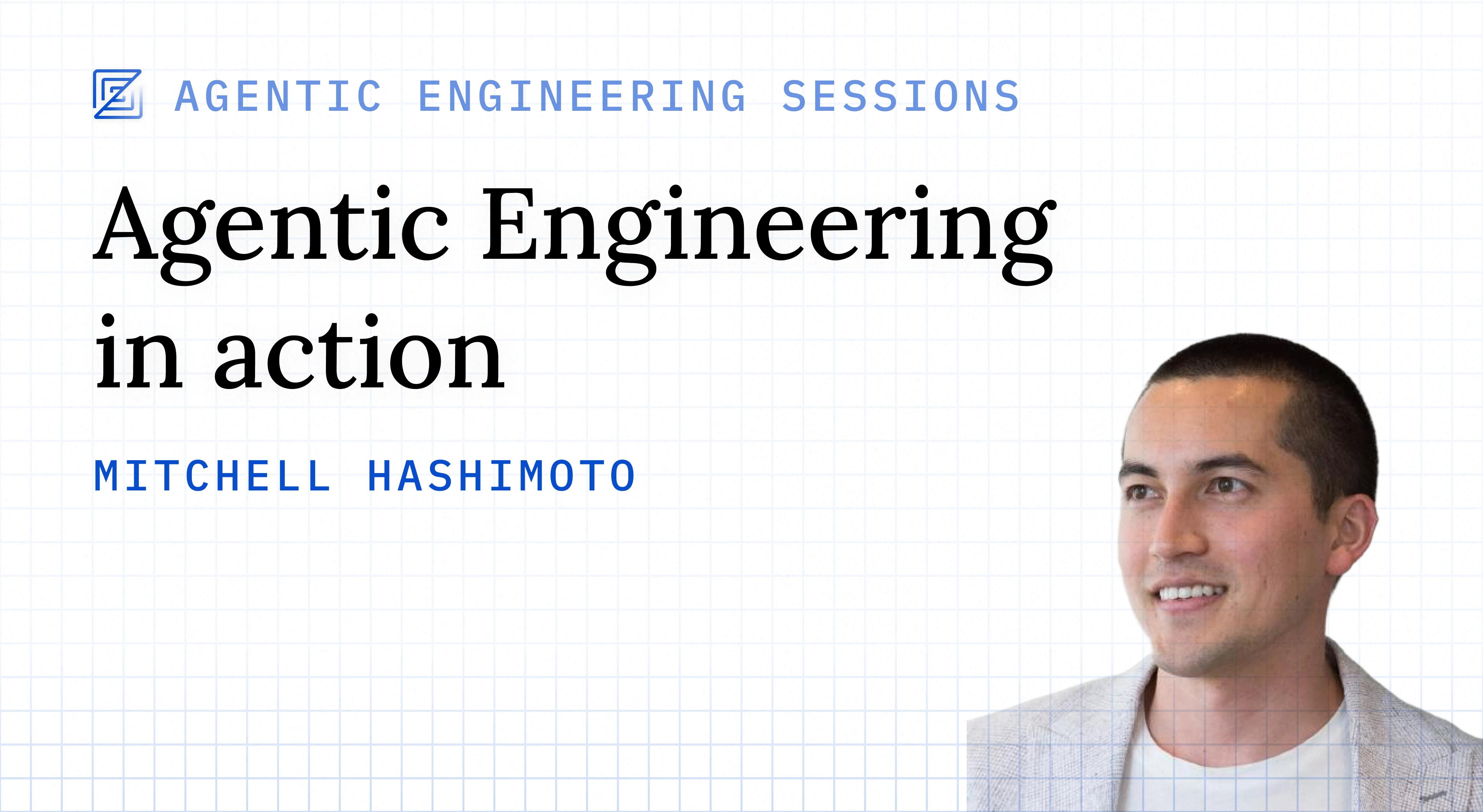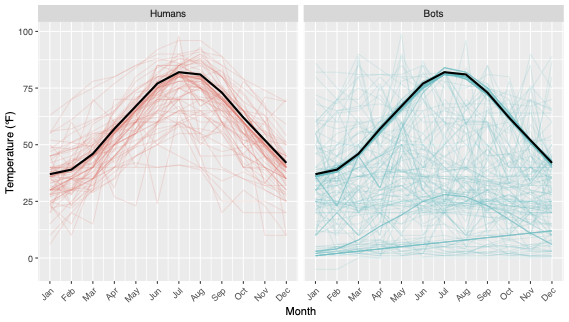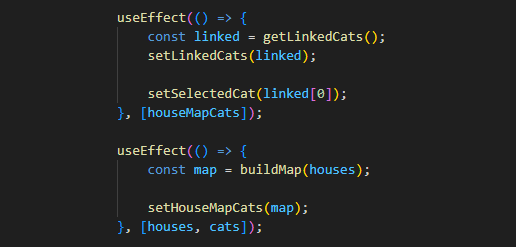AI is no longer just a luxury for the most tech savvy companies — it's now a necessity for organizational transformation. How are real teams successfully leveraging and innovating with these new tools? Organizations have entered an era where AI adoption is key to creating internal transformation.
Full article






